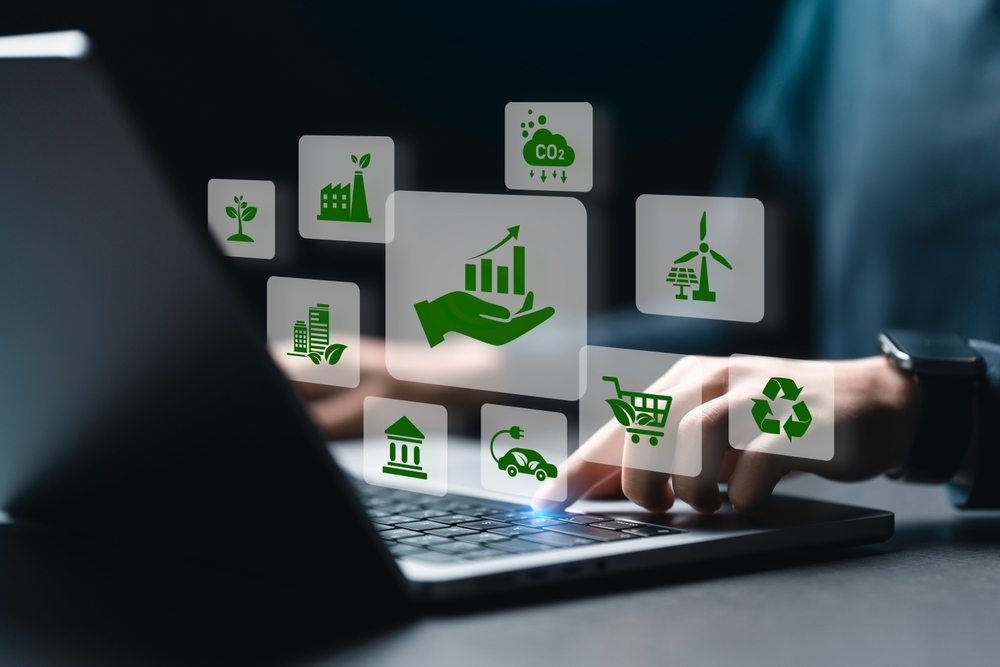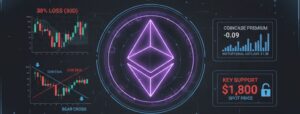For decades, the corporate world has been driven by a single bottom line: profit. But in the 21st century, that equation is changing. Sustainability has emerged as more than just a buzzword—it’s a competitive advantage, a social expectation, and in many ways, the future of business itself. Companies are no longer judged solely by financial performance; they’re also evaluated on their environmental, social, and governance (ESG) impact.
The question is clear: Can businesses achieve profit with purpose? The answer increasingly appears to be yes.
Why Sustainability Matters in Business Today
The push toward sustainable business isn’t just about doing the right thing—it’s about survival and relevance. Consumers, investors, and regulators are all demanding more responsible practices.
- Consumers are choosing brands aligned with their values. A growing number prefer eco-friendly products even at a higher price.
- Investors are channeling funds into companies with strong ESG performance, with trillions of dollars now managed in sustainable funds.
- Regulators worldwide are tightening standards on carbon emissions, supply chains, and corporate transparency.
In short, sustainability has moved from a “nice-to-have” to a business imperative.
Beyond Greenwashing: The New Corporate Reality
Once upon a time, sustainability meant a glossy report and a tree-planting photo op. Today, that won’t cut it. Consumers are savvy, investors analyze ESG data closely, and watchdog organizations call out empty claims of greenwashing.
The companies winning the sustainability race are those embedding it into their core strategies—not treating it as a side project. Think renewable energy initiatives at Apple, carbon neutrality goals at Microsoft, or circular economy practices at IKEA. These moves go beyond branding—they reshape supply chains, product design, and customer engagement.
Profit with Purpose: The Business Case
Skeptics often argue that sustainability comes at the cost of profit. The evidence suggests otherwise.
1. Cost Savings Through Efficiency
Energy efficiency, waste reduction, and smarter logistics often cut costs. For example, switching to renewable energy sources can lower long-term operating expenses while hedging against volatile fossil fuel prices.
2. Stronger Brand Loyalty
Consumers are loyal to companies that reflect their values. Brands like Patagonia and Tesla have built their identities on sustainability, attracting passionate customer bases.
3. Attracting Talent
The next generation of workers wants more than a paycheck—they want purpose. Businesses with strong sustainability commitments attract and retain top talent.
4. Access to Capital
Green bonds, sustainability-linked loans, and ESG-focused investments are flowing into companies that prove their commitment.
5. Future-Proofing
As governments worldwide push for carbon neutrality, companies that adapt early avoid compliance costs and reputational risks later.
In other words, sustainability isn’t a cost—it’s an investment.
Challenges on the Path to Sustainable Profit
Of course, the journey isn’t easy. Businesses face hurdles in aligning profit with purpose.
- Initial Costs – Transitioning to renewable energy, sustainable materials, or ethical sourcing can require significant upfront investment.
- Measurement and Reporting – Tracking ESG performance across global supply chains is complex.
- Short-Term Pressure – Quarterly earnings cycles sometimes clash with long-term sustainability goals.
- Industry-Specific Challenges – For example, airlines face steep hurdles in reducing emissions compared to tech companies.
Despite these obstacles, companies that treat sustainability as a strategic priority, not a compliance box, are finding creative solutions.
The Role of Innovation in Sustainable Business
Technology and innovation are unlocking new ways for companies to align purpose with profit:
- Circular Economy Models – Recycling, reusing, and re-engineering products to minimize waste.
- Renewable Energy Adoption – From solar-powered factories to wind-driven supply chains.
- Green Finance – Innovative financial instruments that reward sustainable practices.
- Digital Tools – AI and blockchain help track supply chains for transparency and accountability.
These innovations are not only reducing environmental footprints but also creating entirely new markets and revenue streams.
Case Studies: Businesses Leading the Way
Unilever
Through its “Sustainable Living Plan,” Unilever has embedded purpose into its brands, with sustainable products growing faster than its conventional ones.
Tesla
By making electric vehicles mainstream, Tesla has proven that sustainability can drive massive profit and industry disruption.
Patagonia
Patagonia’s “Don’t Buy This Jacket” campaign encouraged customers to reuse and recycle, proving that authenticity in sustainability builds brand trust.
Walmart
Once criticized for unsustainable practices, Walmart has pivoted toward aggressive sustainability goals, including targeting zero emissions by 2040.
These examples show that profit and purpose are not mutually exclusive—they can reinforce each other.
The Future: Stakeholder Capitalism
The shift toward sustainability reflects a broader transformation: the move from shareholder capitalism (profit above all) to stakeholder capitalism, where businesses consider employees, customers, communities, and the planet alongside shareholders.
In this new model, success isn’t just measured in quarterly earnings, but in long-term impact. Boards and executives are being asked tough questions: How are we reducing carbon footprints? How are we treating our workers? How are we creating value for society, not just shareholders?
Final Thoughts
Sustainability in business is no longer a choice—it’s a mandate. The companies thriving today are those that understand profit and purpose are not rivals but partners. By embedding sustainability into their DNA, businesses can cut costs, attract customers, win investor trust, and secure long-term growth.
The future of business won’t be defined by those who chase profit at all costs, but by those who redefine profit itself: profit with purpose.










